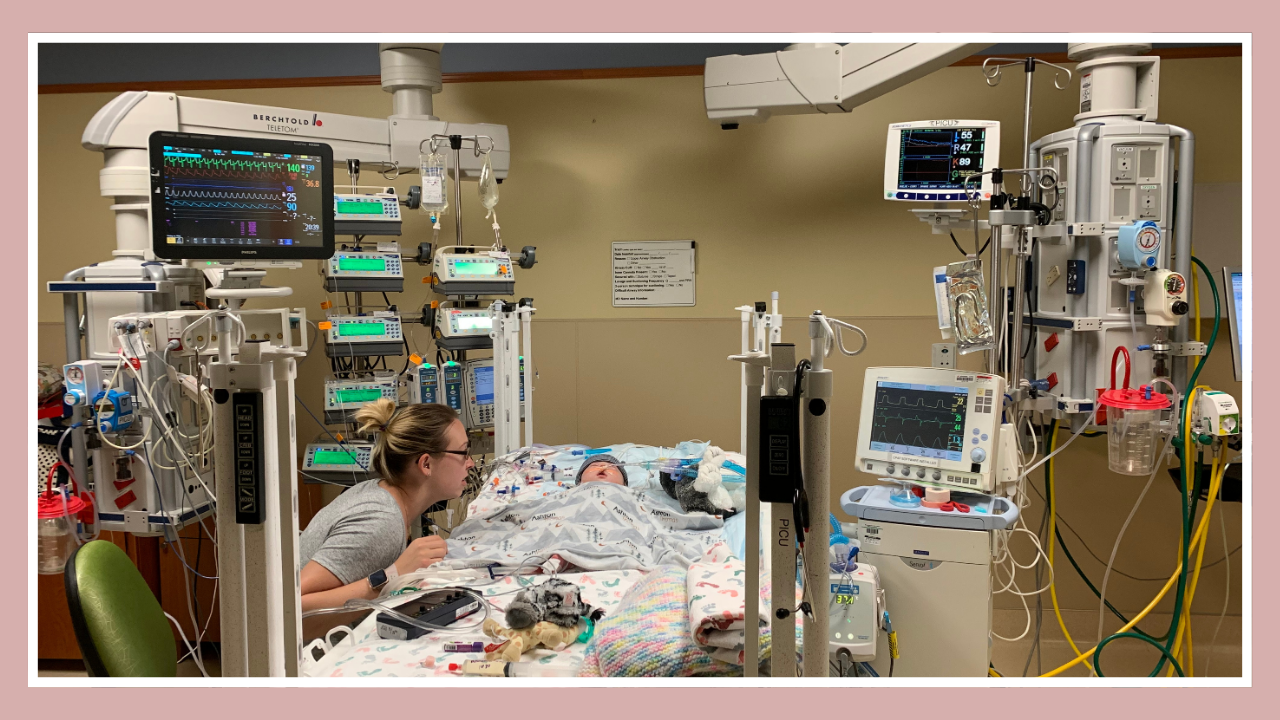
Essential Insights on Postpartum Depression: What Every New and Expectant Mother Should Know
Aug 19, 2024Postpartum depression (PPD) is a critical health concern that affects many new mothers. In this blog post, we will dive into three essential pieces of information about PPD. This knowledge is crucial for pregnant women and those in their first year postpartum.
-
The Timeline of Postpartum Depression
Contrary to common belief, postpartum depression is not limited to the immediate weeks following childbirth. It's crucial to understand that:
- PPD can develop at any point within the first year after giving birth.
- The standard 6-week postpartum check-up and its brief questionnaire often fail to identify many cases of PPD.
- Symptoms may appear gradually, making it challenging for mothers and their support systems to recognize the onset of PPD.
This extended timeline highlights the importance of ongoing mental health awareness and check-ins throughout the entire first year postpartum.
-
The Necessity of Intervention
A common misconception about PPD is that it will resolve on its own over time. However, it's important to recognize that:
- PPD rarely improves without some form of intervention.
- The "wait and see" approach often leads to prolonged suffering and can exacerbate symptoms.
- Effective interventions may include dietary changes, medication, therapy, or a combination of these approaches.
Early recognition and proactive treatment are key to managing PPD effectively and promoting maternal well-being.
-
The Significant Role of Nutrition
The impact of nutrition on postpartum mental health is often underestimated. Research indicates that:
- Specific nutrient deficiencies can significantly increase the risk of postpartum anxiety, mood swings, and depression.
- Dietary changes and targeted supplementation can play a crucial role in both preventing and treating PPD symptoms.
- Nutritional interventions can be effectively combined with other treatments like therapy and medication for comprehensive care.
Key nutritional considerations for postpartum mental health include:
- Omega-3 fatty acids: Found in fatty fish, flaxseeds, and walnuts.
- Vitamin D: Often requires supplementation, especially in less sunny climates.
- B vitamins: Particularly B12 and folate, found in leafy greens, legumes, and fortified grains.
- Iron: Essential for energy and mood regulation, found in lean meats, beans, and fortified cereals.
- Zinc: Important for brain health, found in oysters, beef, and pumpkin seeds.
It's recommended that all mothers in the first year postpartum consider dietary adjustments and appropriate supplementation to support their mental health.
Implementing These Insights
If you're expecting or in your first postpartum year, consider the following actions:
- Regular Check-ins: Schedule mental health check-ins throughout your first postpartum year, not just at the 6-week mark.
- Seek Help Early: Don't wait for symptoms to resolve on their own. Reach out to healthcare providers at the first sign of persistent mood changes.
- Prioritize Nutrition: Consult with a healthcare provider or registered dietitian about optimizing your diet and supplementation for postpartum mental health.
- Combine Approaches: Consider a multifaceted approach to PPD prevention and treatment, including nutrition, therapy, and medication as recommended by your healthcare team.
- Build a Support Network: Inform family and friends about these PPD facts so they can provide informed support and recognize potential symptoms.
Understanding these three crucial aspects of postpartum depression – its extended timeline, the necessity of intervention, and the significant role of nutrition – can empower new mothers to take proactive steps in safeguarding their mental health.
Remember, if you're struggling with postpartum mood changes, you're not alone. Postpartum depression is a common and treatable condition. With the right knowledge and resources, we can work towards changing the statistics and improving outcomes for new mothers.
If you're experiencing symptoms of postpartum depression or anxiety, don't hesitate to reach out to your healthcare provider. Early intervention and comprehensive care, including nutritional support, can make a significant difference in your postpartum journey and overall well-being.
You don't have to experience the postpartum period alone. If you want to feel your best mentally and physically after the baby, The Postpartum Shift is for you!








